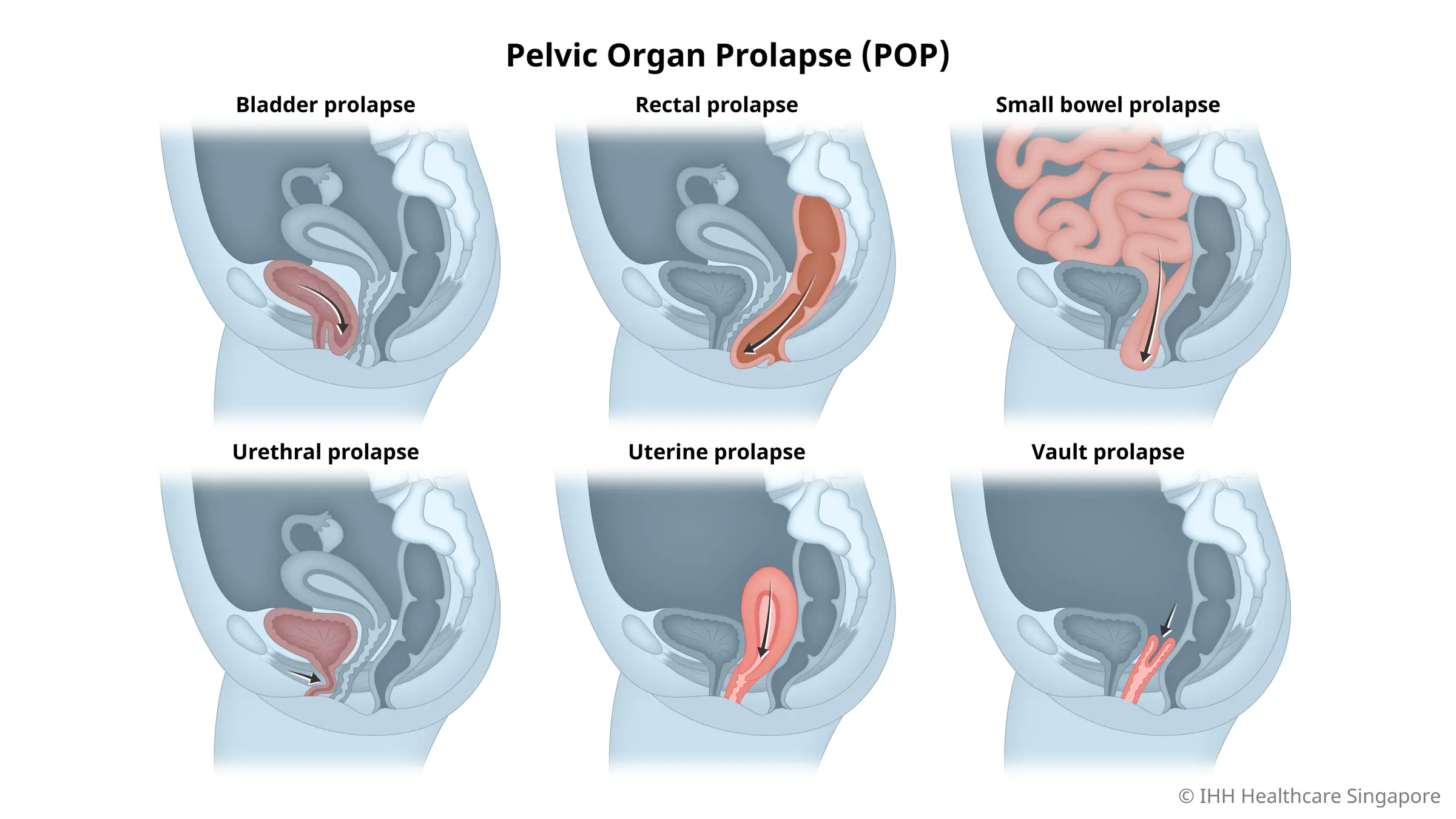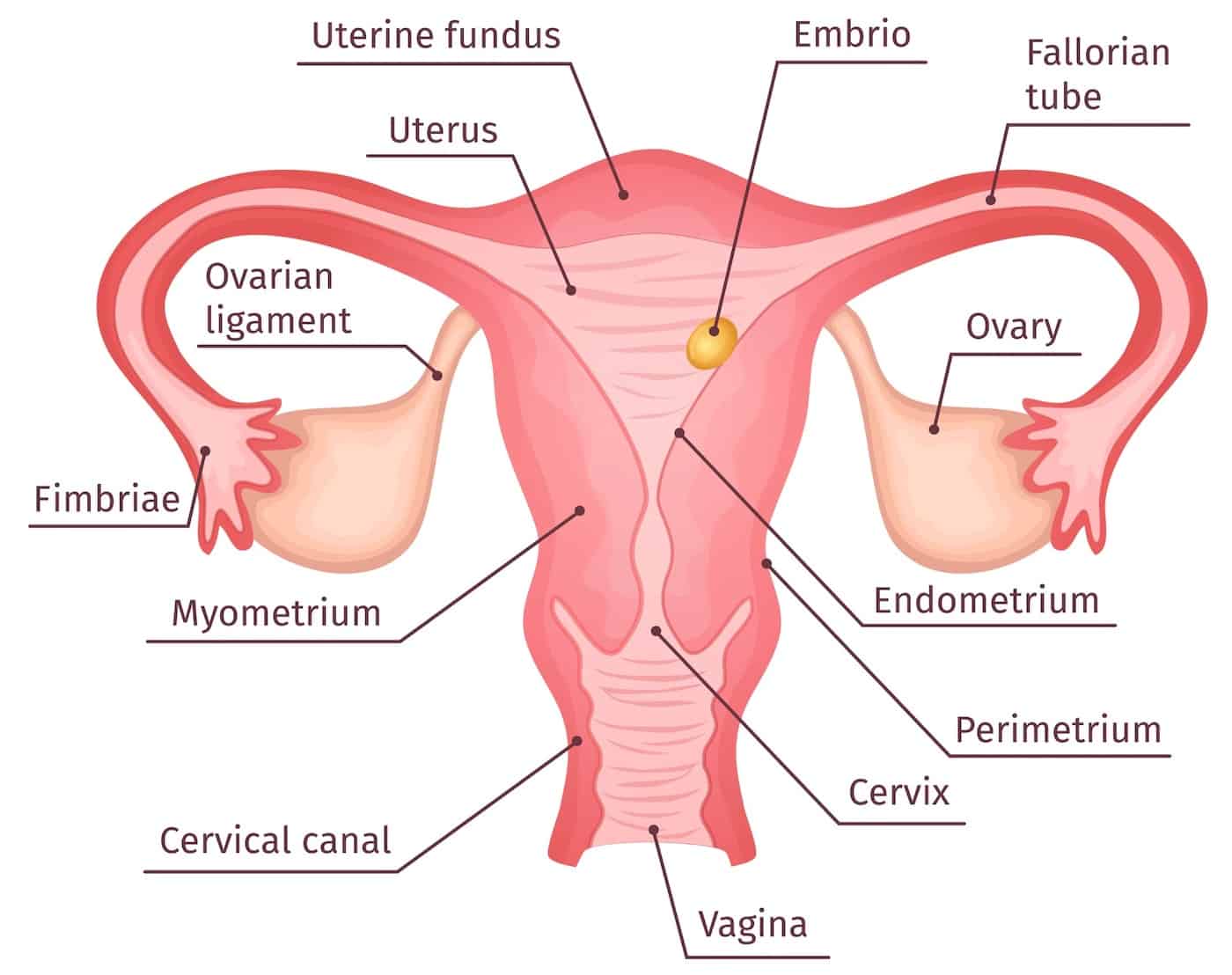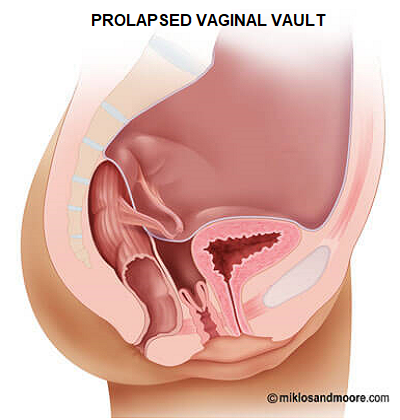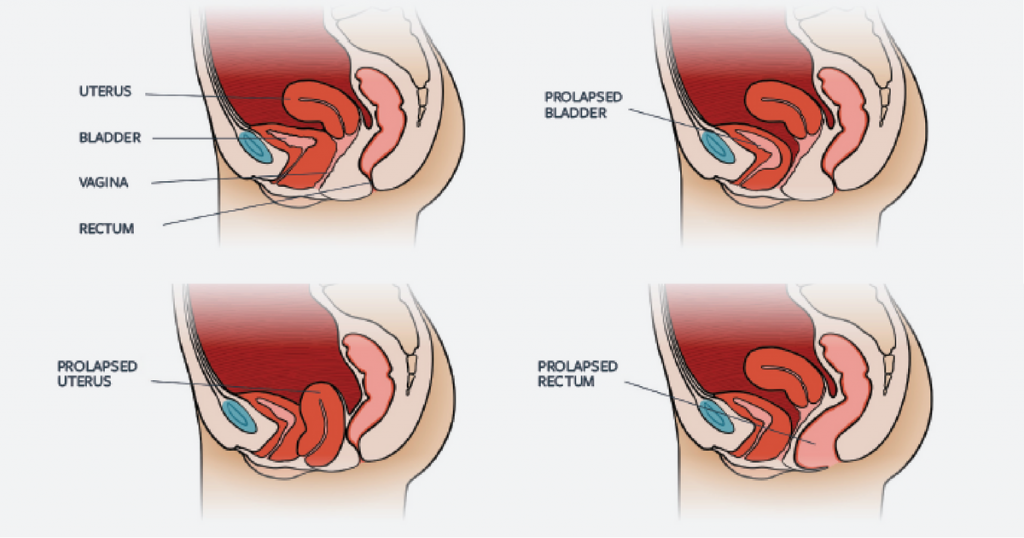All About Pelvic Organ Prolapse, Louisville KY

Pelvic organ prolapse is a condition that affects many females. There can be many different signs of pelvic organ prolapse depending on the type of prolapse you have. Signs can include: Feeling like you have to hold things in place when pooping, having tampons fall out when menstruating, differences when engaging in intimacy, uncomfortable sensations near the vaginal area or feeling bulging or fullness. Types of Pelvic Organ Prolapse include: cystocele or dropped bladder prolapse, rectoceles prolapse and uterine prolapse. Treatment options for Pelvic Organ Prolapse include: Mesh surgery, a pessary, a hysterectomy, or Obliterative surgery. To diagnose pelvic organ prolapse, your provider will typically ask about your medical history and perform a physical exam of your pelvic organs. If you feel you could have pelvic organ prolapse, call one of our UofL Physicians – Urogynecology offices to schedule an appointment.

The Low-Down on Pelvic Organ Prolapse — Denver Holistic Health

Urogynecology, Pelvic Medicine, UofL Health

Why Diaphragmatic Breathing is One of the Best Exercises Pelvic Health Therapists Can Give Patients - APTA Pelvic Health

Pelvic Organ Prolapse (POP) - Symptoms & Causes

Pelvic Health - Women First of Louisville

Pelvic Organ Prolapse Atlanta, Uterine Prolapse

Pelvic Organ Prolapse - 5 Considerations For Training With POP

Pelvic organ prolapse Comprehensive Services For Women At CHI St

Pelvic Floor Dysfunction Symptoms & Treatment

HOLISTIC WELL WOMEN'S HEALTHCARE — Full Circle Holistic

Pelvic Organ Prolapse - Your Pelvic Floor

The Major Types of Pelvic Organ Prolapse and Their Differences

Claire Hagan, Urogynecology, Louisville KY

Optimal surgical management of stage 3 and 4 pelvic organ prolapse